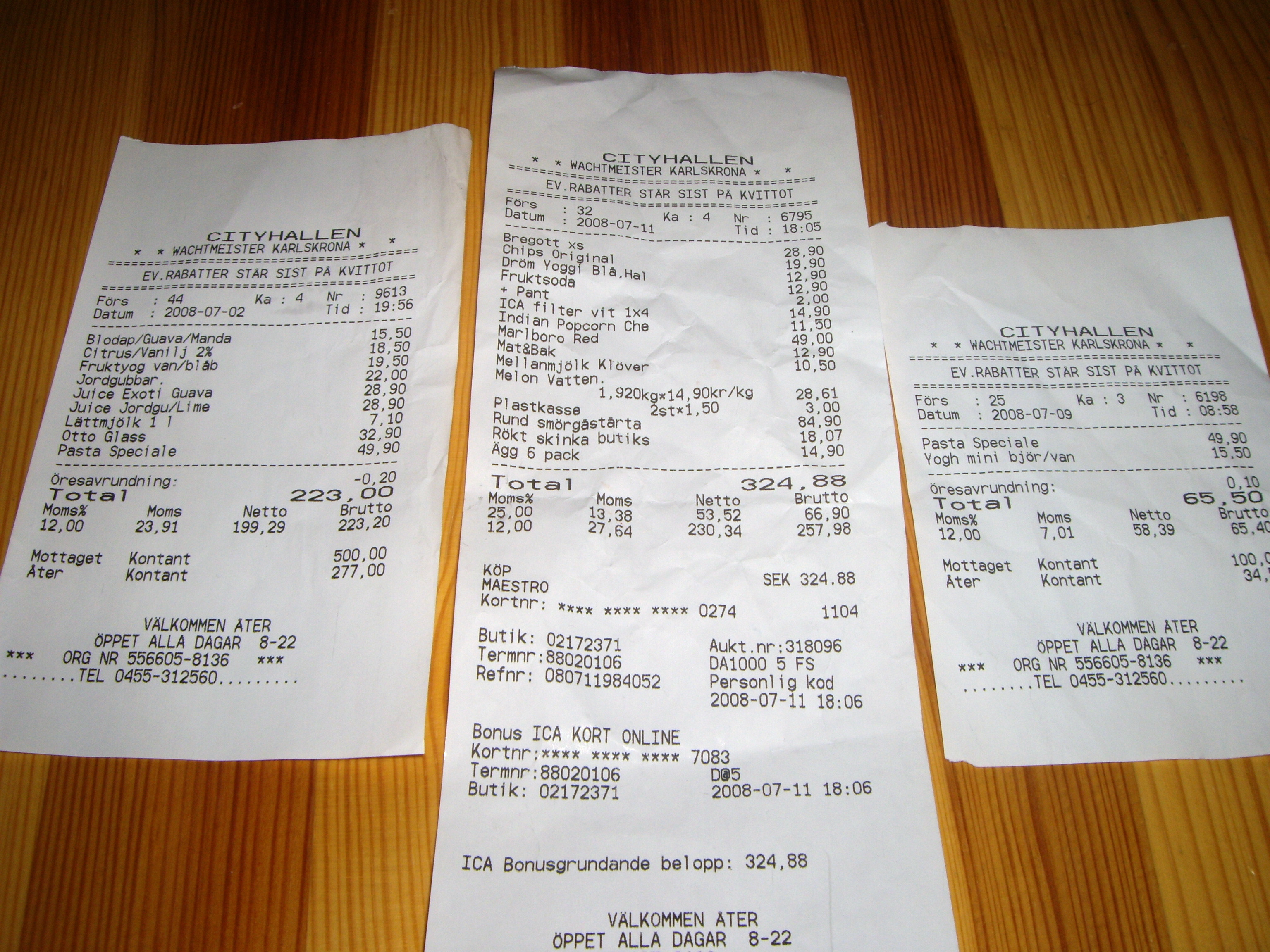It was a busy night last night. Trudy Scott, Certified Nutritionist, author of The Antianxiety Food Solution, and the founder of everywomanovr29.com was the expert online answering questions about food and mood. The twitter party was sponsored by the Holistic Moms Network.
The chat started with a discussion of whether or not folks noticed if there were certain foods that made them anxious or affected their mood. Answers were fairly consistent across the board with responses including sugar, caffeine, gluten, McDonalds, and processed food. Sugar was by far the biggest offender with many participants discussing how difficult it can be to break the sugar habit. Trudy pointed out that not only does sugar destabilize our blood sugar levels, it also depletes us of vital nutrients such as zinc and magnesium and also also shared, High Candida (yeast) in the body will make you crave sugar…For Candida, best to go on anti-candida diet, and add B1, B2, Biotin, yeast free vitamins to diet. Getting off that sugar roller-coaster is very important for good mood and health.
The close second in the food/mood correlation seemed to be gluten and/or grains. A number of people mentioned that when they went gluten-free they felt so much better. There was some discussion of why gluten is becoming such a prevalent food sensitivity these days. Part of the answer is that we eat far too much of it, it's not sprouted, and the products that are made from it are of poor quality nutritionally. Another part of the answer may be that modern wheat has been bred to be higher in gluten (since this is what makes baked good so soft and fluffy) and so our tolerance is lower.
This thread was quickly followed by a query about what to eat to balance your brain chemistry. Trudy's response? eat real food, no sugar & indiv amino acids. From there the talk turned to discussion about zinc which is important for nerve function, cell metabolism, neurotransmitter production, blood sugar stability and so much more. Turns out it also helps to reduce anxiety. Zinc can be found in beef (grass fed is best), calf liver, venison, spinach, shitake mushrooms, and pumpkin seeds. It's very important for pregnant women and children to get enough zinc with the addendum that zinc is a trace mineral and we do not need massive doses of it.
From there the talk shifted into the following topics:
- chocolate – dark chocolate is good for you in moderation – and yes, if you crave chocolate there is a chance you may be low in magnesium (find magnesium in pumpkin seeds, spinach, black beans, and sesame seeds)
- healthy fats – choose coconut oil, ghee, avocados, flax seed oil, and olive oil. Avoid canola – it's almost always GMO
- sweeteners – choose lower process sweeteners such as sucanat, evaporated cane juice crystals, honey, molasses, maple syrup and avoid agave nectar which is high in fructose (this puts a burden on your liver to process it and also raises triglycerides and can contribute to diabetes and heart disease)
- sea vegetables – dulse seemed to be a clear favorite, with one person even adding it to mac and cheese (I'm going to try this tip because I love dulse), nori and kelp sprinkles were also mentioned. Adding sea vegetables to your diet is a good choice, they are a great source of iodine, iron, and can be cholesterol-reducing.
- sleep/dreaming – turns out that B6 is important for dreaming and seratonin production. Trudy shared that it's important to take it with B complex as B vitamins work best together.
- Tea – lots of people on the list love tea, chamomile, linden, roiboos, all good calming drinks to help you destress.
disclosure: cmp.ly/4







